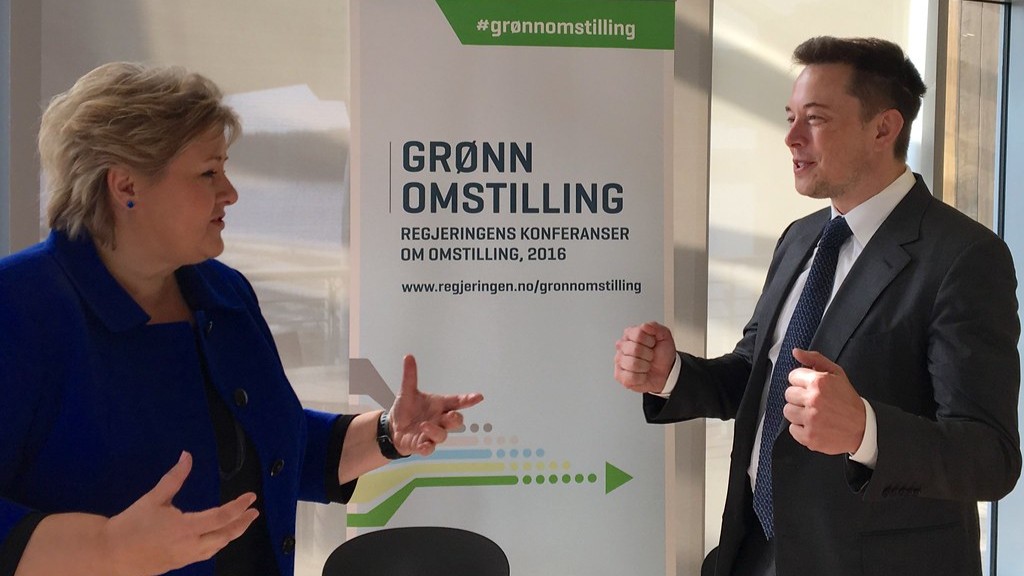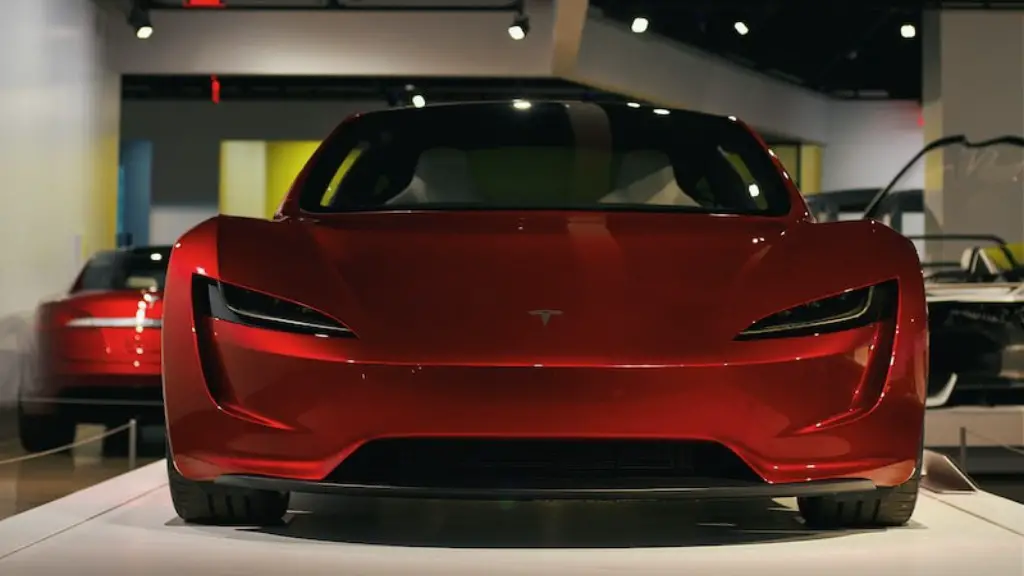The Science behind the Simulation Hypothesis
The idea of a simulated reality has been around since ancient times, with Plato suggesting that, “All of the visible world is nothing more than an image of the real one”. In more recent times, the lauded physicist Nick Bostrom proposed the “simulation argument” in his 2003 essay, “Are You Living in a Computer Simulation?”. According to the simulation argument, at least one of the following propositions is true – either the human species is likely to go extinct before reaching a “posthuman” stage (where our species would be advanced enough to create simulations), or that any civilization reaching this posthuman stage would be likely to conduct a considerable number of simulations. This leads to the conclusion that we are probably living in a computer simulation.
Essentially, Musk is taking the idea of simulation one step further. If we are living in a simulated universe, then there must be something, or someone, controlling it. To address this thought, Musk proposes the “ancestor simulation” hypothesis, in which he suggests that the reality we are experiencing is being run by advanced AI, presumably programmed by a much more advanced civilization.
The Reality of Our Digital Age
The idea that we are living in a computer simulation is definitely an intriguing one. With modern technology advancing and enveloping all aspects of our lives, it is increasingly apparent that the divide between the physical and digital realm is becoming ever smaller. The blurred lines between the real and digital world mean that this simulation hypothesis is not as far-fetched as it may at first appear. Along with this, the sheer scale of the digital universe indicates that the technology is advancing quickly. With the increasing presence of interconnected digital networks and artificial intelligence, it is becoming more and more difficult to deny that there is some form of simulation at work in our world.
What Would This Mean For Humanity?
The implications of Musk’s theory could be revolutionary. If we are in fact living in a simulated reality, then what would our place in the universe be? Would we be the creators of the AI or merely its creations? Furthermore, such a belief could fundamentally alter the way people think about themselves, their purpose and the value of life. We would be living in a world governed by whatever rules and boundaries the creator of the simulation had set out, and our world would be subject to their will. There may also be the moral question of whether the creator of the simulation has the right to abruptly terminate it when they feel like, or to make changes to the parameters of the simulation.
Criticisms of the Simulation Hypothesis
The biggest criticism of Musk’s theory is the lack of tangible evidence to back it up. Thus far, we have only theoretical arguments that may or may not prove to be true. Other potential criticisms include the fact that the simulation idea is poorly defined, with no clear answers as to what would be controlling the simulation or why they would create one. The potential ethical questions and implications of the idea are also something worth considering.
Final Thoughts
Ultimately, we cannot be certain whether or not we are living in a computer simulation, nor can we predict what the implications of such a statement would be. However, the suggestion Musk has put forward does offer some interesting food for thought, and it is a concept worth exploring. Only time will tell if the theory holds any truth, but for now it is a thought-provoking question that we may get closer to solving if our technology continues on its current trajectory.
Applications of the Simulation Hypothesis
The simulation hypothesis has the potential to have far-reaching implications for a variety of fields. For example, the military could use this idea of simulated reality as a training ground for their troops, allowing them to develop strategies and tactics in a safe and controlled environment. Similarly, scientists could simulate experiments to test the effects of various variables, allowing for experimentation with less risk involved.
In the fields of gaming and media, the simulation hypothesis could open up the possibility of immersive gaming experiences which include realistic decision-making, complex problem-solving, and a variety of creative pursuits. This could result in more engaging and detailed gaming experiences, which could potentially include social and economic systems. Similarly, simulation technology could be used to generate realistic media, allowing for greater creativity and research capabilities for film, television, and other forms of media production.
Ethical Considerations
There are a number of ethical considerations that arise when discussing the simulation hypothesis. It could be argued that it is unethical to create a simulated reality without the knowledge of those living within it, and even to terminate such a simulation without warning or consent. This could have potentially catastrophic consequences for any society living in a simulated reality. Similarly, it could be said that a simulated universe would be unethical if it deliberately caused suffering and pain, without any sense of relief or redemption.
The ethics of experimenting on simulated realities is also a question worth considering. Can we ethically subject a simulated universe to the same testing and research that we currently conduct on the physical world if the simulated universe contains sentient life? Would such an experiment be any different from the real world? These questions and more must be addressed if simulation technology is to move forward.
A New View of Our Universe
Ultimately, the simulation hypothesis provides an interesting perspective on our universe that explores the implications of living in a world that is not what it appears to be. Whilst there are still many questions that need to be answered, this idea certainly offers a thought-provoking new way of looking at our reality.

